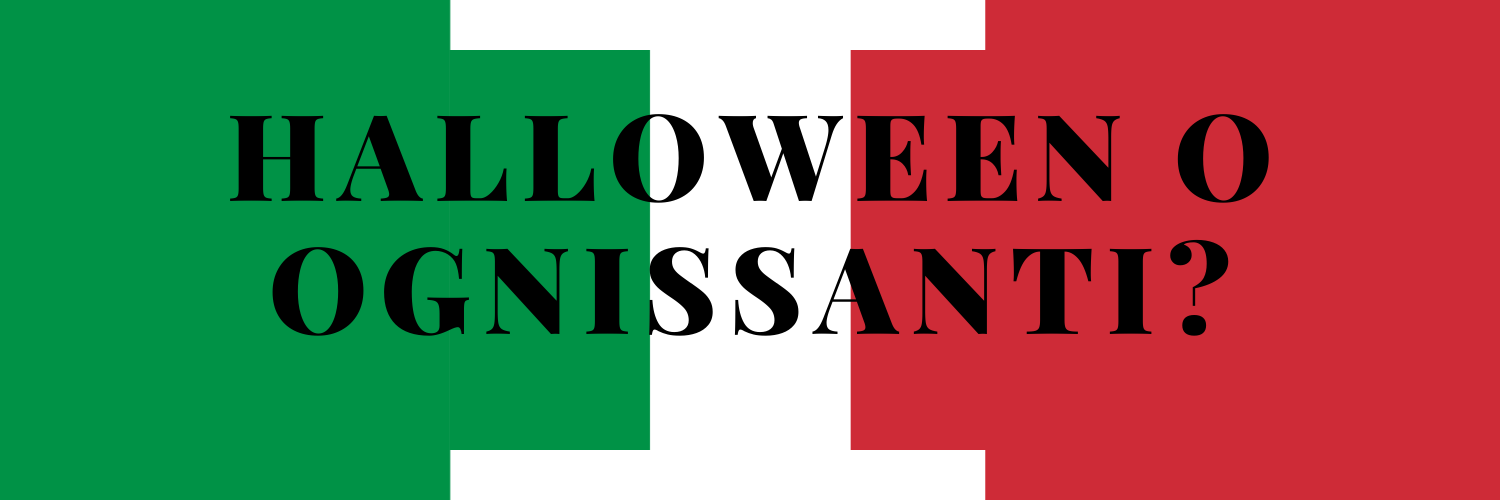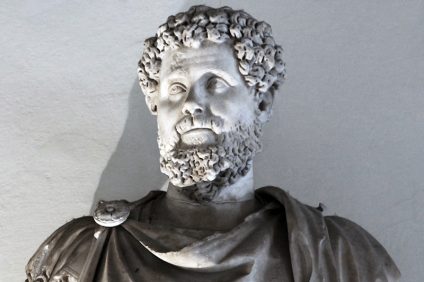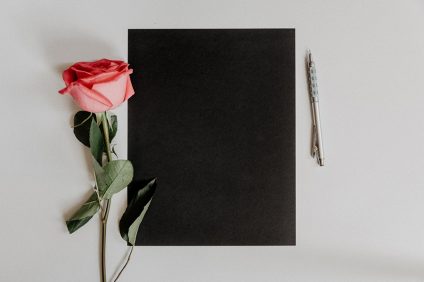Halloween arrives on time this year too. And like every year brings with it the controversy between those who love this party and those who hate it.
The question we ask ourselves is: how Italian is this party?

On the one hand, there are those who claim that Halloween is an Anglo-Saxon import party, imposed by media force. There are those who, on the religious front, underline their pagan if not satanic aspect.
On the other hand there are those who document the fact that in many, if not every Italian region, ancient traditions very similar to the American ones existed. To name one for all, Andrea Cammilleri and the Sicilian “morticini”.
But as usual, in this unlikely contrast between Christian and pagan tradition (which they have always lived together) it seems that no one focuses on the central point, on the only thing that changes reality: the name.
The term Halloween
The term “Halloween” is composed of three archaic roots finished in a single word: “all”, “hallow” that is “holy” and “eve”, that is “evening”. Halloween simply means “all saints’ eve”.
The name itself is therefore of Christian tradition. Even better, Catholic, because the Protestants do not celebrate the saints. And it refers to a festival that was officially scheduled for November 1st in the eighth century by Pope Gregory III, and which absorbs a previous pagan festival.
The fact is that turning around the matter it reveals that reality is always simpler than we imagined. And in fact, if Halloween is the eve of feast of all saints, does nobody think that this party already exists and has a name even in Italy? And it’s called All Saints “Ognissanti”.
So, you can live it as a religious or civil holiday, dress like witches or carve pumpkins, but with a little pride you can simply use the word All Saints as would be logical. We have this word, why not use it? If we don’t say “Merry Christmas” why should we say “happy Halloween”?





